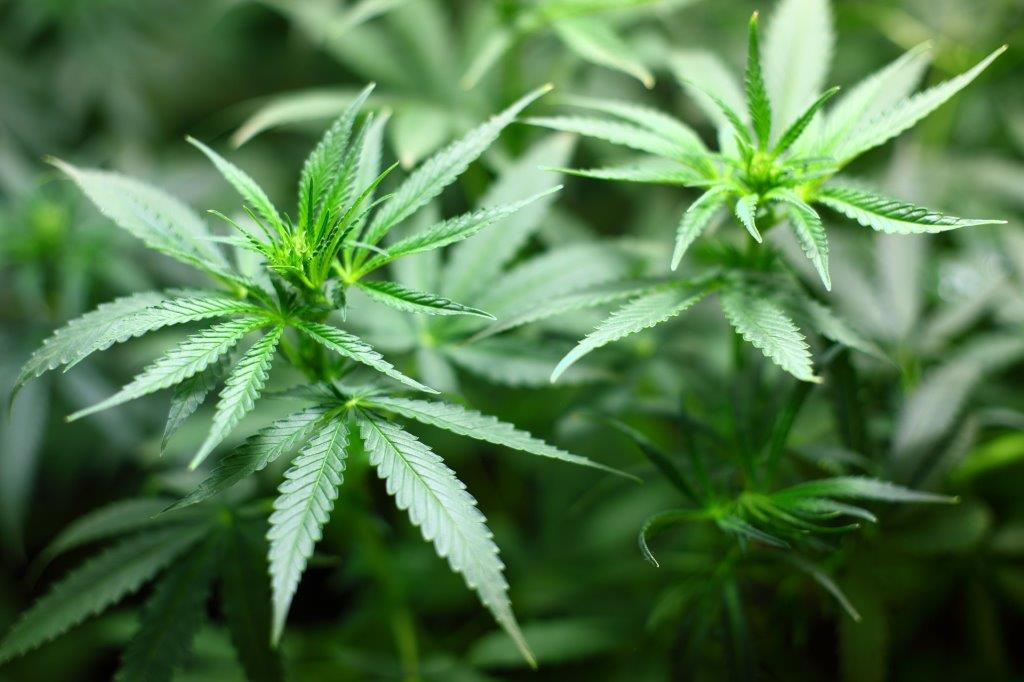
In women of reproductive age, cannabis is the most commonly used recreational drug, and there the use of cannabis during pregnancy is on the rise. While recent studies a North American cohort study of couples attempting to conceive. At the baseline interview occurring prior to conception, men and women provided information on demographic variables, medical history, and lifestyle factors, including marijuana use frequency.
For up to 12-months or until the time of conception, women completed follow-up surveys every 8 weeks. Data on spontaneous abortions were ascertained from follow-up questionnaires completed in early pregnancy (<12 weeks gestation) and late pregnancy (32 weeks). Frequency of marijuana use in the previous 2 months was ascertained at baseline and categorized as follows: no use, <1 time/week, or ?1 time/week.
Among the 1,413 couples followed, 1,164 (82.4%) of the men reported no marijuana use, 132 (9.3%) reported using marijuana <1 time/week, and 117 (8.3%) reported using marijuana ?1 time/week. During the course of the study, 266 (18.8%) miscarriages were reported.
When compared to no male marijuana use, the adjusted hazards ratio for miscarriage in couples where the men used marijuana <1 time/week was 1.07 (95% CI: 0.65-1.77); however, there was a statically significant increase in risk of miscarriage when men used one or more time per week (HR=2.04, 95% CI: 1.28-3.24). The association in more frequent users persisted after adjusting for reproductive history (HR=2.05, 95% CI: 1.29-3.26), and was slightly stronger after restricting to couples where the female partner did not use marijuana (HR=2.19, 95% CI: 1.26-3.80). (The final analysis controlled for numerous variables, including household income, education, race/ethnicity, smoking status, environmental tobacco exposure, alcohol intake, caffeine intake, body mass index, exercise, multivitamin use, sleep duration, hours of work per week, history of sexually transmitted infections, and depression/anxiety).
Few studies have addressed the impact of cannabis on male fertility. However, cannabis use has been associated with testicular atrophy, low libido, sexual dysfunction, and lower levels of various hormones required for reproduction, including testosterone. In addition, cannabis use has been associated with reductions in sperm count and concentration, abnormalities in sperm morphology, reductions in sperm motility and viability, and decreases in fertilizing capacity. While this study has limitations — for example, participants were self-selected and marijuana use was assessed only at baseline — it does raise concerns about the impact of cannabis on male fertility.
Ruta Nonacs, MD PhD
Harlow A et al. Male marijuana use and spontaneous aborthon. ASRM 2019.
